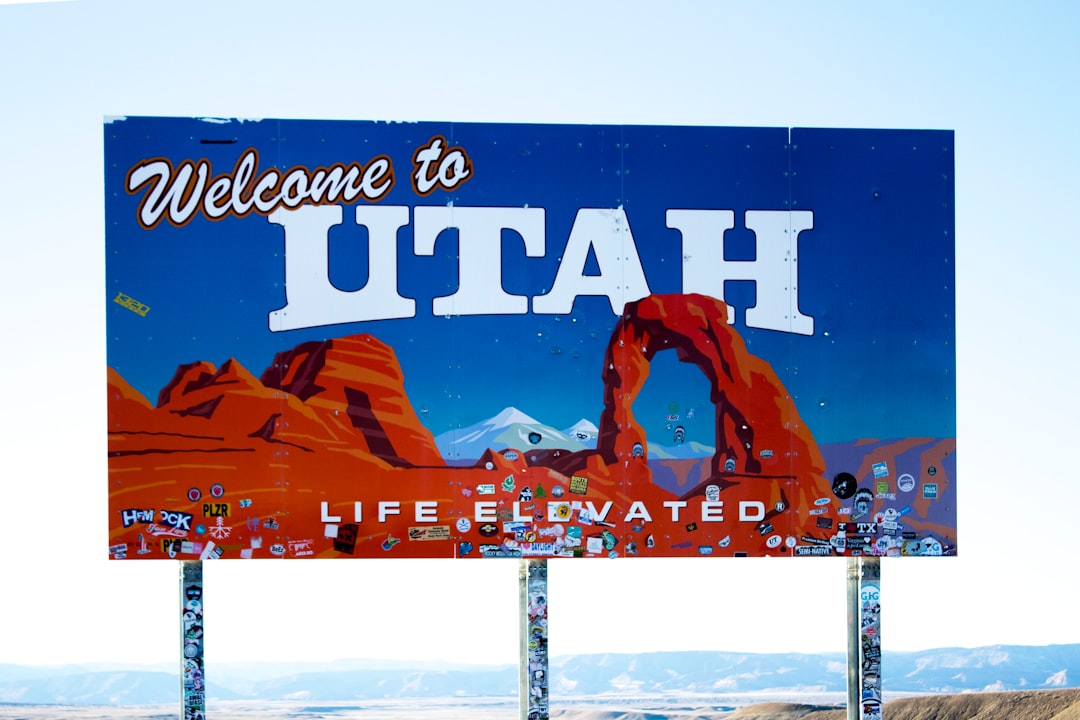Utah's stringent regulations target spoofed calls from debt collectors, with strict laws against caller ID deception. Consumers and businesses must navigate Do-Not-Call rules to protect against unwanted debt collection calls. Debt collector lawyers in Utah specialize in FDCPA compliance, spam call law issues, and guidance on complex debt collection regulations to ensure consumer rights are upheld.
In Utah, strict regulations govern debt collector practices, particularly regarding spoofed or misleading calls. As a consumer or business owner, understanding these rules is crucial to protect your rights. This article serves as a comprehensive guide through Utah’s debt collector laws, including the legal framework for collectors and the Do Not Call laws that apply to everyone. If you’re facing issues with debt collectors in Utah, consulting a skilled debt collector lawyer or attorney can help navigate these complex regulations. Explore your options and learn how to combat spam calls effectively with the aid of Spam Call law firms in Utah.
Understanding Utah's Debt Collector Spoofed Call Regulations

Utah’s regulations regarding spoofed calls from debt collectors are designed to protect consumers from deceptive practices. The state has implemented strict laws that govern how debt collection agencies and their representatives can communicate with debtors, with a particular focus on preventing the use of falsified or misleading information in call identifiers. These regulations are crucial for ensuring transparency and fairness in the debt collection process.
Debt collector lawyers and attorneys in Utah must adhere to the state’s Spam Call law, which prohibits the use of any method, device, or means to deceive, mislead, or conceal the identity of the caller. This includes spoofing call origins to make it appear as if the call is coming from a different source, such as a government agency or another company. Consumers who believe they have been victimized by such practices can seek legal counsel from debt collector lawyers in Utah to understand their rights and take appropriate action under the relevant debt collector laws.
Legal Rights and Responsibilities for Debt Collectors in Utah

In Utah, debt collectors are bound by both state and federal laws that protect consumers from aggressive or harassing collection practices. The Fair Debt Collection Practices Act (FDCPA) governs the behavior of debt collectors across the nation, including in Utah, ensuring they treat consumers fairly and with respect. Under this act, debt collectors cannot engage in abusive, threatening, or deceptive practices when attempting to collect a debt. They must also provide validation of the debt upon request and refrain from calling consumers at inconvenient times or places, such as before 8 a.m. or after 9 p.m., except under certain circumstances.
Additionally, Utah has its own set of regulations regarding debt collection, including strict rules against spam calls. A debt collector lawyer in Utah or an attorney specializing in debt collector laws can help navigate these complex legalities. Consumers who feel their rights have been violated by a debt collector, especially those experiencing unwanted spam call law issues, should consult with a legal professional experienced in this field. There are resources available for those seeking representation from a debt collector attorney in Utah to ensure they understand their legal rights and the actions they can take against unethical collection practices.
Navigating Do Not Call Laws: A Guide for Consumers and Businesses in Utah

In Utah, navigating do-not-call laws is essential for both consumers and businesses, especially when dealing with debt collectors. The state has specific regulations in place to protect residents from unwanted and spam calls, ensuring a certain level of peace and privacy. Consumers can register their numbers on the National Do-Not-Call Registry, which automatically blocks most telemarketing calls. However, debt collector lawyers in Utah advise that this registry does not always exclude legitimate collection efforts, as some debt collection agencies may still contact registered numbers under specific circumstances.
For businesses, especially those providing financial services or dealing with debt recovery, understanding the Utah debt collector laws is crucial. A spam call law firm in Utah can guide companies on how to comply with do-not-call laws while effectively communicating with customers and clients. This includes adhering to proper notification processes, honoring requests to stop calling, and using automated dialing systems responsibly. By following these guidelines, businesses can avoid legal repercussions and maintain positive relationships with their target audiences.






